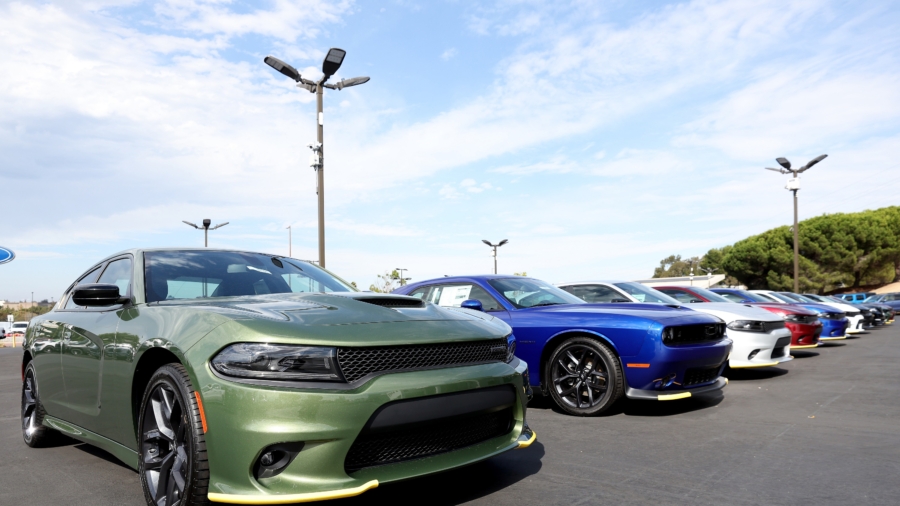The Republican-controlled Wisconsin State Assembly passed a pair of bills on Tuesday that would preemptively stop any effort by state or local agencies from banning gas-powered vehicles and appliances like lawnmowers and snow blowers.
Wisconsin Assembly Bill 141 specifies that “no state agency and no local governmental unit may restrict the use or sale of a device based on the energy source that is used to power the device,” while Assembly Bill 142 specifies that “no state agency and no local governmental unit may restrict the use or sale of motor vehicles based on the energy source used to power the motor vehicle, including use for propulsion or use for powering other functions of the motor vehicle.”
“The government should not be forcing individuals to buy certain products, eliminate competition and destroy the free market,” said Rep. Ellen Schutt, a Republican from Clinton who co-authored the bills.
AB 141 and 142 passed in the Wisconsin State Assembly on Tuesday by a vote of 62-35 and 63-35, respectively. No Democrats in the State Assembly supported the bills.
Rep. Christine Sinicki, a Democrat from Milwuakee, argued that the state of Wisconsin has no plans currently to prohibit gas-powered vehicles and appliances and called the legislation “a big waste of time.”
“These bills are really a solution that is looking for a problem that does not exist,” Sinicki said, APG Wisconsin reported.
While Sinicki denied gas-powered engines are at risk, Democratic Wisconsin Gov. Tony Evers recently celebrated the launch of the Clean Economy Coalition of Wisconsin (CECW), which advocates for “Carbon-free power” and “policies that support a 100 percent carbon-free state by 2050.”
Though Wisconsin has yet to set a specific timeline for phasing out gas-powered vehicles and appliances, several other U.S. states have set timelines for ending the sale of gas-powered vehicles. California was the first U.S. state to propose ending sales of gas-powered vehicles by 2035, and other states have since followed.
Rep. Shae Sortwell, a Republican from Two Rivers, also criticized Sinicki’s premise that lawmakers shouldn’t bother with passing legislation to prevent something from happening in the future.
“It’s a basic premise of good government that we try to look into the future and say, ‘OK, what might people do?’” Sortwell said, according to the Wisconsin Examiner report. “[If] we’re going to say, ‘Oh, we’re not going to pass this because nobody has attempted to do it.’ Well, there’s a whole lot of things that haven’t been attempted yet. And yet, we have laws and constitutions to protect the rights of the people to live their lives, without interference of future governments.”
Gas stations and fossil fuel industry groups such as Kwik Trip and the American Petroleum Institute have thrown their support behind the measures. Meanwhile, environmental advocates and the American Lung Association oppose them.
Veto?
The bills now go on to the Republican-controlled state Senate. While the legislation may pass the legislature, it faces tougher odds of garnering the signature of Democratic Wisconsin Gov. Tony Evers. Republicans recently gained a supermajority in the Wisconsin Senate but are still two votes shy of a supermajority in the State Assembly, making it unlikely that they could override a veto of the bills from Evers.
Evers has been at odds with Republicans when pushing to use state money to build electric vehicle charging stations.
Evers has not said outright whether he would veto the Republican bills prohibiting bans on gas-powered vehicles and appliances. At an event in Milwaukee on Tuesday, Evers said he didn’t believe a ban on gas engines was necessary for Wisconsin to eventually transition to using electric vehicles.
The Associated Press contributed to this article.

